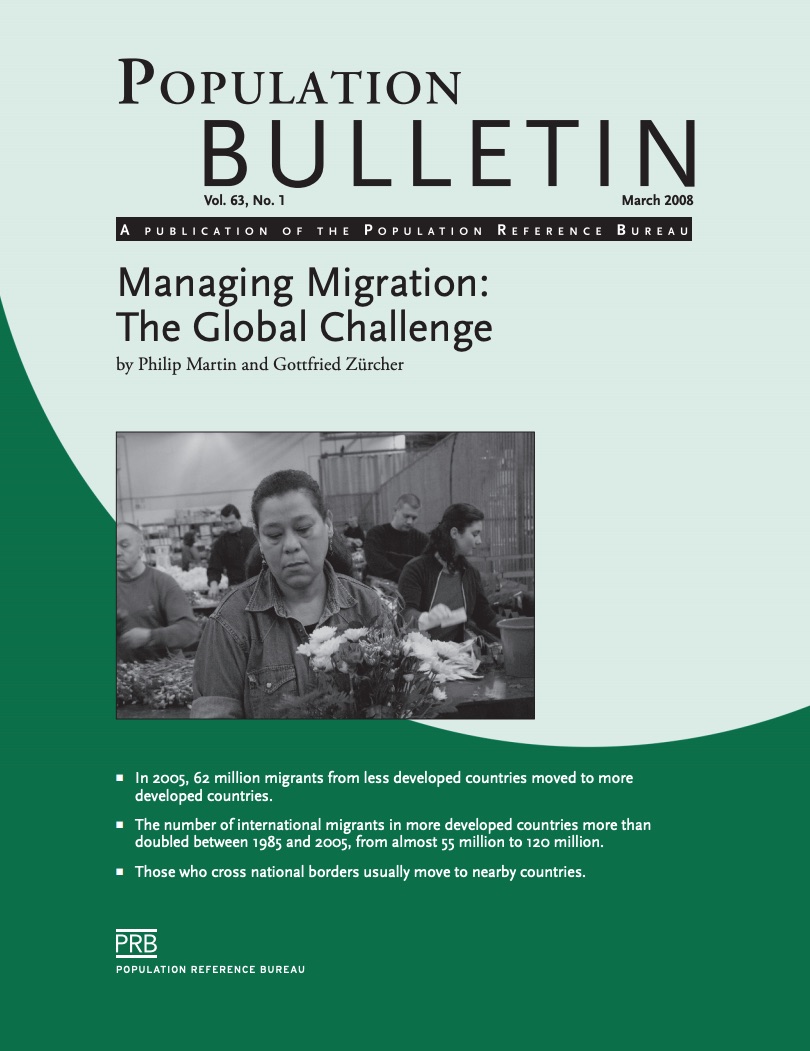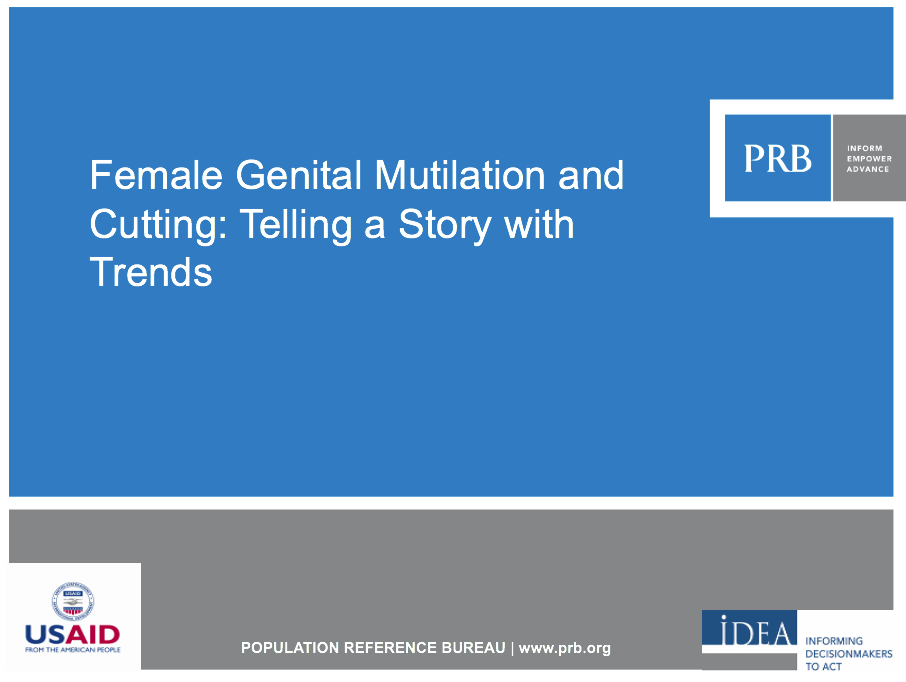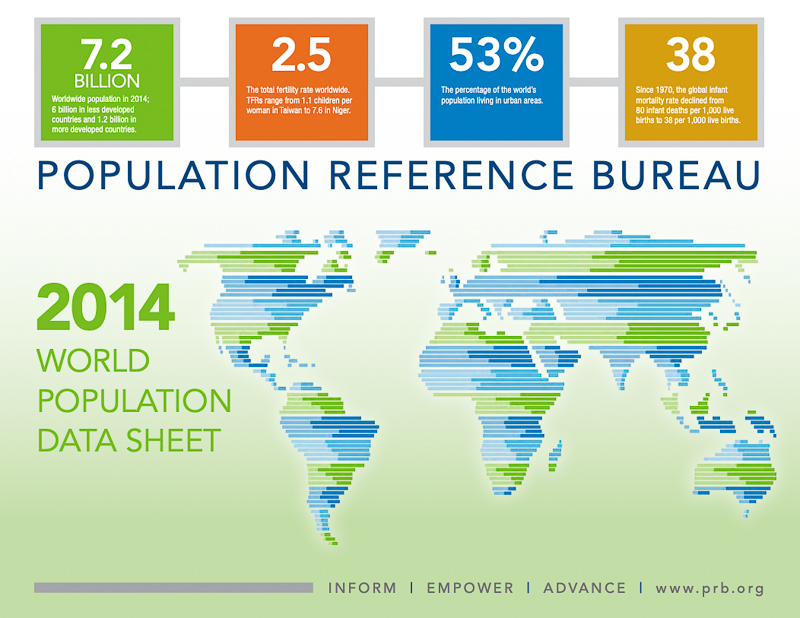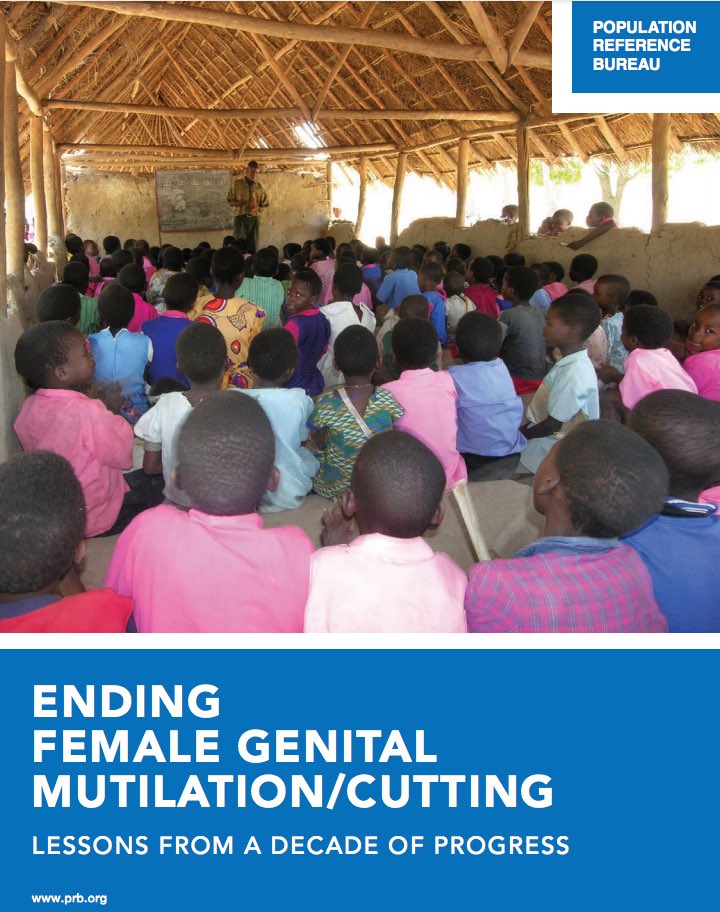Who Returned to New Orleans After Hurricane Katrina?
2010) Hurricane Katrina displaced almost the entire population of New Orleans in August 2005, scattering residents across the region, state, and country. By the fall of 2006, almost half the residents had returned, and almost two-thirds had returned by the fall of 2007.








